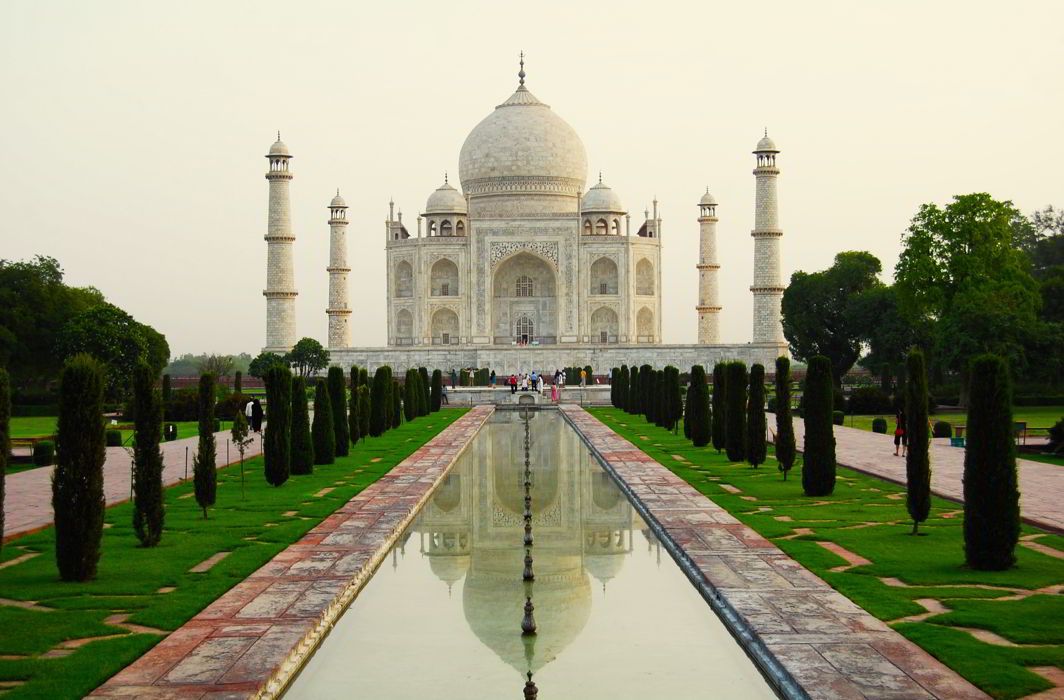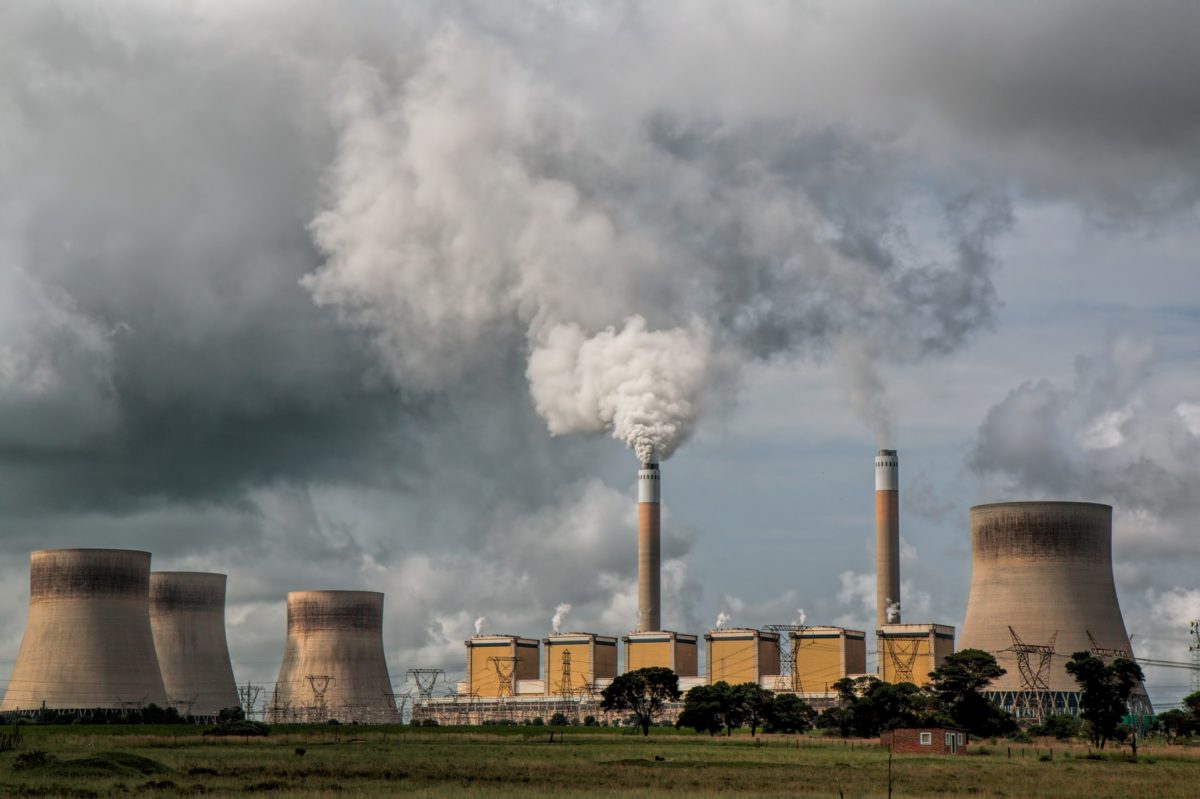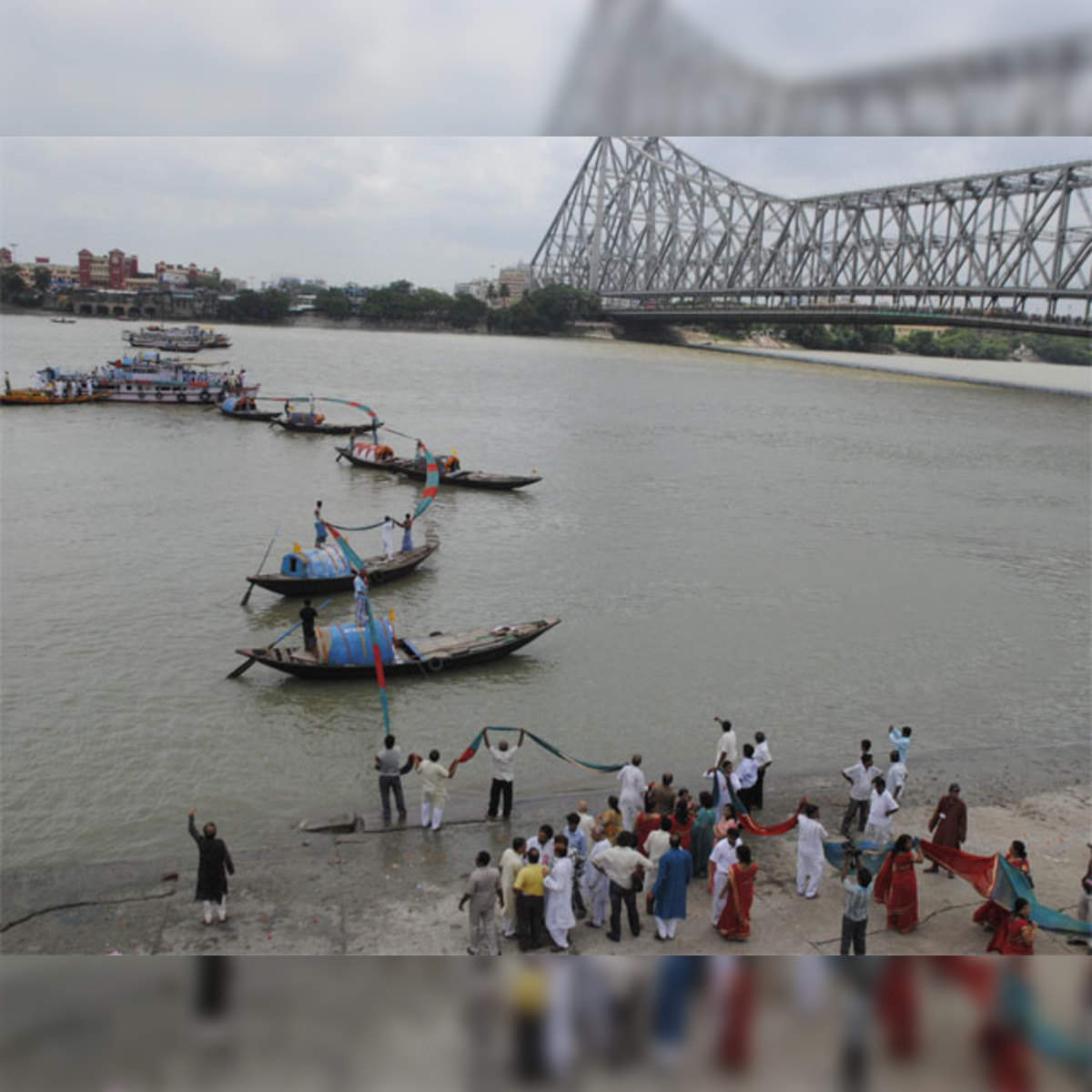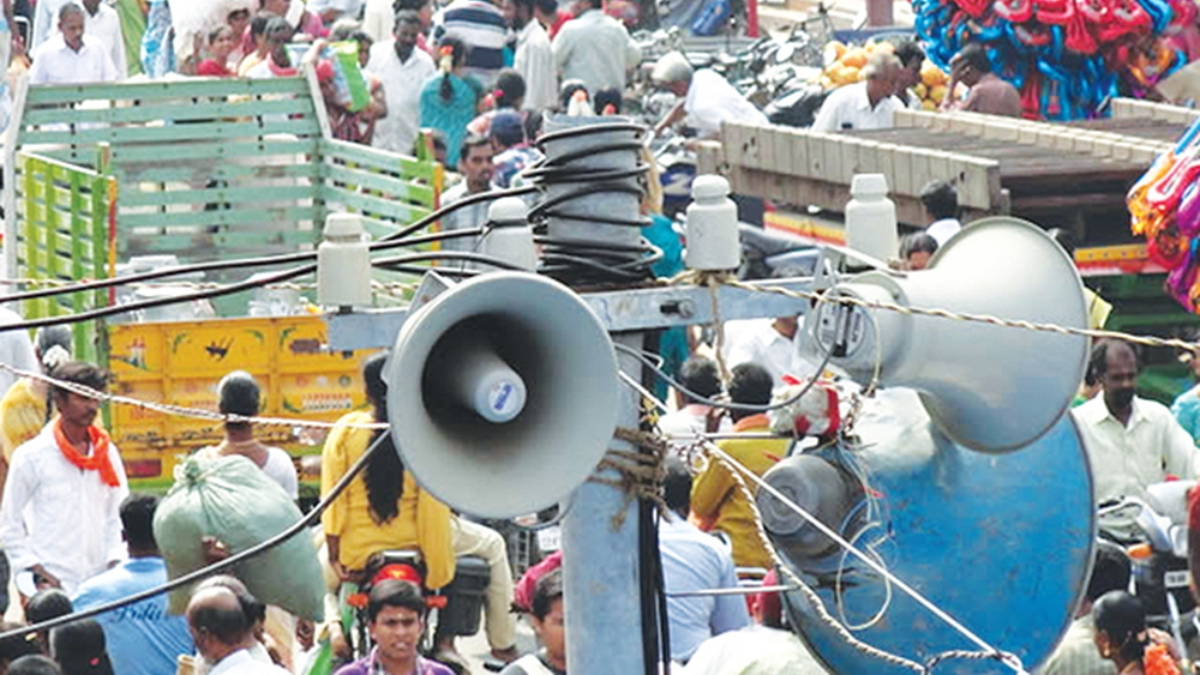
Meet M.C. Mehta, the "Green Avenger of India." He is an environmentalist who has made a name for himself with his legal expertise and tireless commitment to protecting the environment. M.C. Mehta is a force to be reckoned with in environmental law.
M.C. Mehta has won numerous landmark judgments from India's Supreme Court since 1984, which has significantly impacted the country. One of his most significant judgments was introducing lead-free gasoline to India. He also played a vital role in reducing the industrial pollution fouling the Ganges and eroding the Taj Mahal. His contributions have been invaluable in preserving India's environment and cultural heritage.
Let’s delve into this article to learn why he is called the Green Avenger of India, his environmental contributions, his awards, and much more.
Who is M.C. Mehta?
Mahesh Chandra Mehta (aka, M.C. Mehta), a well-known environmental lawyer and activist from India, has left an enduring mark on environmental law in the country through tireless efforts. Born on December 12, 1946, in Rajouri, Jammu & Kashmir, M.C. Mehta dedicated his legal career to safeguarding the environment. His involvement in numerous landmark cases has played a pivotal role in shaping the environmental framework of India. Referred to as the ‘Green Avenger of India’, he obtained his post-graduation in Political Science and Law from Jammu University. He commenced his legal practice at the J & K High Court.
How did his journey as an ‘Environmentalist’ begin?
- In early 1984, M.C. Mehta visited the Taj Mahal and was shocked to see its marble turning yellow because of nearby industries. That's when his journey as a public interest attorney began.
- He filed his first environmental case in the Supreme Court, determined to save the iconic monument. But wait, there's more!
- The next year, he heard the holy Ganges River was on fire because of industrial waste. Can you believe it?
- He filed another case against the factories polluting the sacred river. This time, he took on all the industries and towns in the entire river area.
- Hence, his journey as an environmentalist began. Undoubtedly, M.C. Mehta isn't just a lawyer but a real-life hero fighting for India's environment.
M.C. Mehta’s Environmental Legal Victories
In Indian courtrooms, Fridays became M.C. Mehta's day – a special day just for his environmental battles. After a decade of court battles and threats from factory owners, the Supreme Court stepped in. Let's explore what happened thereafter:
- In 1993, finally, the SC ordered 212 small factories near the Taj Mahal to shut down because they hadn't installed pollution control devices. Another 300 got a serious warning.
- And this isn't all; Mehta continued fighting for the Ganges River every week. Around 5,000 factories along the river were told to clean up, and 300 had to close. More than 250 towns and cities around the Ganges Basin were told to set up sewage treatment plants.
- But M.C. Mehta's victories didn't stop there. He went on to win cases against factories making hazardous waste and even got a court order for lead-free gasoline. And he didn't just stick to courtrooms; he even worked to stop harmful activities along India's 7,000-kilometer coast, like intensive shrimp farming.
- He's bagged almost 40 big wins and tons of orders from the Supreme Court against those who harmed our planet.
Guess what? Mehta is working with the M.C. Mehta Environmental Foundation, an NGO that trains new lawyers and runs campaigns for a greener world. So, if you ever wondered who's ensuring our environment stays safe in India, it's the remarkable M.C. Mehta!
Also Read Top 10 Important Judgments for CLAT PG 2024
Awards bestowed on M.C. Mehta
According to Ms Smita Gate, M.C. Mehta is frequently hailed as the lone warrior in environmental law, possibly the only Supreme Court advocate to engage in legal battles against polluting Indian industries and emerge triumphant. He has been conferred with several prestigious awards, such as:
- UNEP Global 500 Award, 1993
- The Great Son of the Soil Award, 1993
- The Goldman Environmental Prize for Asia, 1996
- Ramon Magsaysay Award for Asia for Public Service, 1997
- Rotary Manav Seva Award, 1997
- Seva Shree Samman, 1997 for Social and Environment work
- Vasundhara, 1997 by Rotary Club of Dombivali Midtown.
- People of the Year Award 1998, LIMCA Book of Record.
- Kerry Rydberg Award for environmental activism, 1998 from Public Interest Environmental Law Conference, USA.
- He was a Keynote Speaker at various International Conferences on Environmental Law and Human Rights held in the USA, Russia, UK, Zimbabwe, Sri Lanka, Nepal, Pakistan, Philippines, Thailand, Israel, Japan, Italy, Bhutan, Bangla Desh, South Africa, Australia & Canada.
M.C. Mehta vs Union of India – Notable Cases
Below are some of the cases M.C. Mehta has fought:
1. The Taj Mahal Case (1996)
Facts: In the Taj Mahal Case, M.C. Mehta filed a 1986 writ petition against pollution threatening the iconic monument. Noticing marble discolouration in 1984, he attributed it to acid rain caused by pollutant gases. Following Mehta's petition, a report recommended closing thermal power stations and reducing Sulphur Dioxide emissions by 50% to protect the Taj Mahal.
Judgment: The SC acknowledged that the Taj Mahal's deterioration resulted from socio-economic factors and chemical pollutants. It mandated 292 industries to shift to safer fuels like propane or relocate, overseen by the Gas Authority of India Limited. The court also affirmed the workers' fundamental rights, ordering compensation for lost wages during relocation.

2. The Oleum Gas Leak Case (1985)
Facts: The Oleum Gas Leak Case involved MC Mehta's petition to close Shriram Industries in Delhi following gas leaks on December 4th and 6th. Mehta, a social activist lawyer, emphasized public safety concerns due to the plant's location. The Assistant Commissioner of Factories and the Inspector of Factories issued two orders to shutdown orders under the Factories Act on December 7th and 24th.
Judgment: Recognizing the economic significance of hazardous industries, the court suggested relocating them to less populated areas to reduce risks. The decision aimed to balance economic development and public safety. Additionally, the court recommended a national policy to ensure hazardous plants don't endanger communities.
 Source: Vidhi Mitra
Source: Vidhi Mitra
3. Ganga Pollution Case (1996)
Facts: Through a PIL, M.C. Mehta highlighted Ganga pollution from domestic and industrial waste in the Supreme Court. Mainly addressing Kanpur's tanneries, he argued for the river's protection, despite the tanneries claiming responsibility lay with the Municipality and expressing concerns about job losses due to potential closures.
Judgment: The court stated that public health could not be compared to unemployment and revenue. The court also criticized the Municipality for failing to act and called for appropriate action. The court demanded an effective drainage and sewage system.
 Source: The Economic Times
Source: The Economic Times
4. Noise Pollution Case (1999)
Facts: In the Noise Pollution Case, M.C. Mehta filed a petition addressing noise pollution in Delhi. The case highlighted concerns about excessive noise levels in the city, impacting the well-being of the residents. The focus was on identifying sources of noise pollution and proposing measures for its control.
Judgment: The Supreme Court issued guidelines regulating noise levels in different zones, specifying permissible limits. It also restricted loudspeakers during certain hours to control noise pollution.
 Source: The Daily Guardian
Source: The Daily Guardian
5. Hazardous Wastes Management Case (2006)
Facts: In the Hazardous Wastes Management Case, M.C. Mehta addressed the inadequate management of hazardous wastes. The case highlighted concerns about environmental risks posed by improper handling and disposal of hazardous materials.
Judgment: The Supreme Court issued directives for the proper handling, transportation, and disposal of hazardous wastes, emphasizing the need to mitigate environmental risks. The judgment aimed to ensure the safe management of hazardous materials to protect the environment and public health.
 Source: Wikipedia
Source: Wikipedia
Conclusion
In conclusion, M.C. Mehta stands tall as a defender of India's environment. His efforts, marked by victories in cases like the Taj Trapezium and Ganga Pollution, have left an indelible mark on the country's environmental laws. What do you think about M.C. Mehta's role as the "Green Avenger of India"? How can individuals contribute to environmental protection in their daily lives?
Share your thoughts!
Read latest news on laws in India. Get the detailed articles on legal, current affairs, geopolitics and Indian Constitution: Here